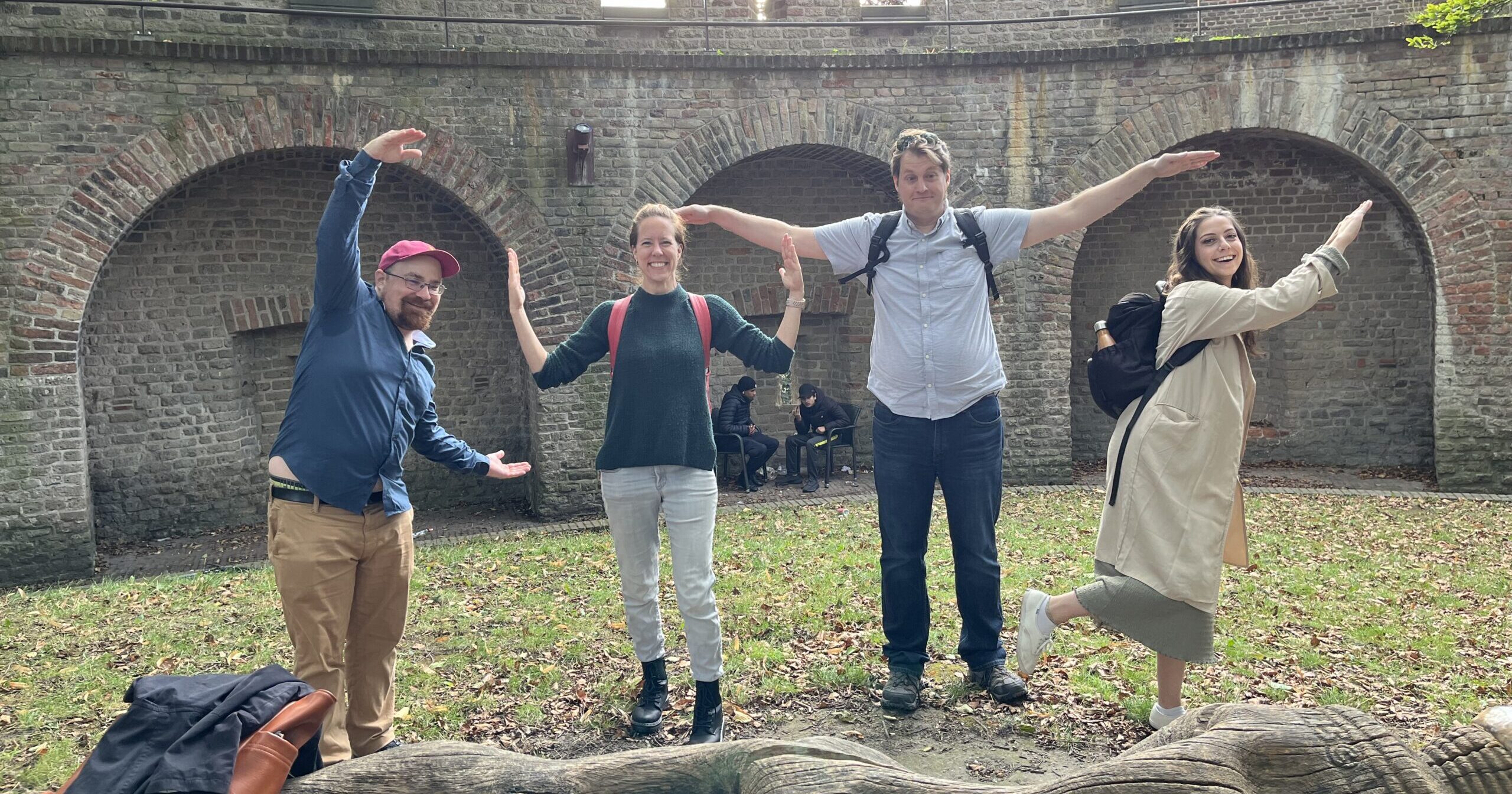The Open Researcher and Contributor Identifier (ORCID) database is an invaluable resource that supports the unambiguous identification of researchers. However, its first party data dump is too complex, verbose, and unstandardized for many use cases. This post describes open source software I wrote that automates downloading, processing, and exporting ORCID into a more usable form. I put the results on Zenodo under the CC0 license.
Messaggi di Rogue Scholar

The Centre for Science and Technology Studies (CWTS) hosted their fifth Scientometrics Summer School (CS 3 ) from September 18-26, 2023 in Leiden, the Netherlands. CS 3 turns theoretical ideas into hands-on research by engaging scientometrics graduate students with data, methods, and techniques used in the field. ScholCommLab members Chantal Ripp, Maddie Hare, Leigh-Ann Butler, and Rémi Toupin attended this year’s event.
Today’s short post is about three SPARQL queries I wrote to get bibliometric information about journals and publishers out of Wikidata. Each of the following queries can be readily copy-pasted into the Wikidata Query Service and run in the browser.

I was recently nominated for the International Society for Biocuration’s Excellence in Biocuration Early Career Award (results will be announced on June 14 th !). This made me curious about how to model nominations and awards on Wikidata. In this post, I’ll describe how to curate awards, nominations, recipients, and how to make SPARQL queries to get them.

This September, the 26th International Conference on Science, Technology and Innovation Indicators (STI 2022) was held in Granada, Spain and the ScholCommLab left its mark at the first in-person edition of the conference since the COVID-19 pandemic.

Our lab is growing! In our Three Questions series, we’re profiling each of our members and the amazing work they’re doing. Today’s post features Asura Enkhbayar, a PhD student and data scientist at the ScholCommLab.

Which researchers preprint more than others in their network? In which research fields is preprinting growing in popularity, and in which fields is adoption disproportionately low?

A lunchtime conversation with a colleague had us both bemoaning the distorting influence on chemistry of bibliometrics, h-indices and journal impact factors, all very much a modern phenomenon of scientific publishing. Young academics on a promotion fast-track for example are apparently advised not to publish in a well-known journal devoted to organic chemistry because of its apparently “low” impact factor.

One problem I've encountered in building a bibliographic database is the different ways author names are written. For example, for papers I've authored my name may be written as "Roderic D. M. Page" or "R. D. M. Page". Googling about this problem I came across Dror Feitelson's paper On identifying name equivalences in digital libraries.
Bibliographic coupling is a term coined by Kessler (doi:10.1002/asi.5090140103) in 1963 as a measure of similarity between documents. If two documents, A and B, cite a third, C, then A and B are coupled. I'm interested in extending this to data, such as DNA sequences and specimens. In part this is because within the challenge dataset I'm finding cases where authors cite data, but not the paper publishing the data.